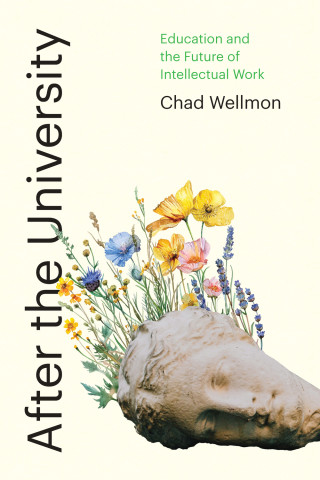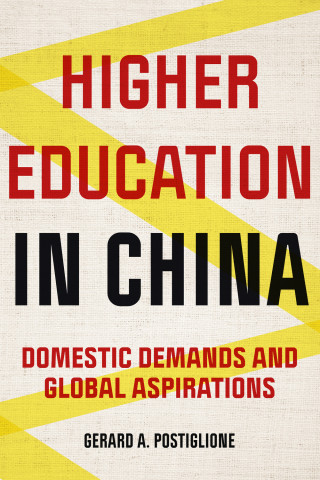
Reviews
Two presidents assert that higher education will have to address spiraling costs and that some college—particularly regional liberal arts colleges—will have trouble surviving if they don't.
Higher education is going under the microscope to prove its value. Add to that a growing chorus of pundits who believe that a liberal arts education is a waste of time and a relic of the past. But two college presidents argue in [Remaking College] that a liberal arts education is, in fact, crucial to not just boosting the economy but to solving many of the world’s problems.
This spirited collection of essays offers lessons in what the rhetorician Richard Lanham once called ‘the oldest class in American education, the Seminar on the Future of the Liberal Arts.’ Across varying discussions, these leaders argue that ‘flexibility’ will continue to characterize the agility and adaptability that the liberal arts college produces in its graduates and reflects in its own longevity.
This collection of essays by presidents and other leaders in higher education is both clear sighted about challenges facing small, liberal arts colleges and inspiring for the ways in which it clearly illustrates both the great flexibility of the sector and the deeply held values that fuel its continuing creativity.
Book Details
Preface
Acknowledgments
Introduction. Updating the Liberal Arts Mission for the Twenty-First Century
Part I: Reimagining the Liberal Arts College in America
Chapter 1. Remaking, Renewing, Reimagining: The
Preface
Acknowledgments
Introduction. Updating the Liberal Arts Mission for the Twenty-First Century
Part I: Reimagining the Liberal Arts College in America
Chapter 1. Remaking, Renewing, Reimagining: The Liberal Arts College Takes Advantage of Change
Chapter 2. Challenges and Opportunities in the Changing Landscape
Part II: An Opportunity to Lead
Chapter 3. Economics and Affordability
Chapter 4. Using Governance to Strengthen the Liberal Arts
Chapter 5. Orchestrating Shared Governance
Part III: Knowledge, Learning, and New Technologies
Chapter 6. Breaking Barriers and Building Bridges in Teaching
Chapter 7. Interdisciplinary Perspectives and the Liberal Arts
Chapter 8. Technology in Education: Revolution or Evolution?
Chapter 9. You Can Run, but You Can't Hide
Chapter 10. Technology, Learning, and Campus Culture
Part IV: Collaboration and Partnerships
Chapter 11. The Future of Liberal Arts Colleges Begins with Collaboration
Chapter 12. The College without Walls: Partnerships at Home and Abroad
Chapter 13. The Networked College—Local, Global, Virtual
Part V: Residential Communities and Social Purpose
Chapter 14. The Liberal Arts College Unbound
Chapter 15. "Glowing against the Gray, Sober against the Fire": Residential Academic Communities in the Twenty-First Century
Chapter 16. The Intercultural Connection: Students and the Liberal Arts
Part VI: Future Prospects for the Liberal Arts College
Chapter 17. More to Hope Than to Fear: The Future of the Liberal Arts College
Contributors
Index





